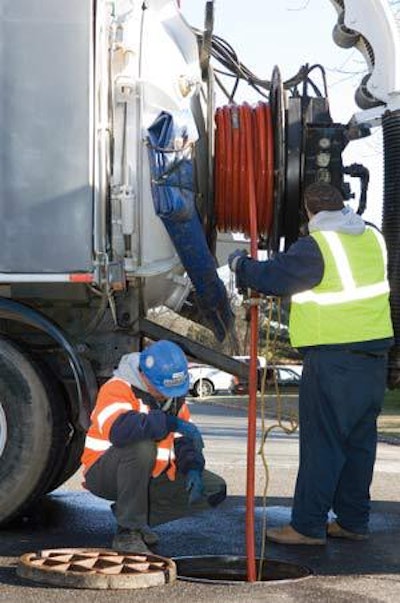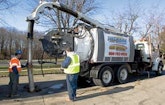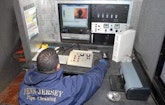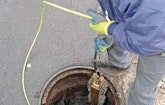American Inspection Technologies in Trenton, N.J., has its roots in a residential drain cleaning business. But today it is a diverse pipe service company with a well-rounded client base that is mostly outside the residential sector.
At the heart of the business is a vigorous...










